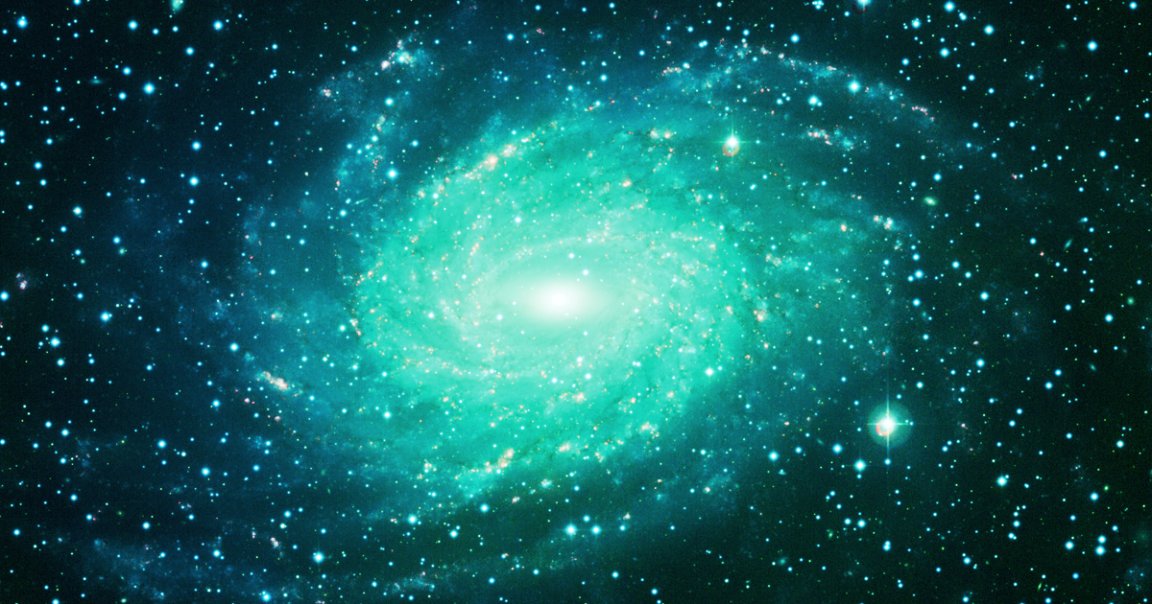
Ghost Encounter
A collision with a “ghost of a galaxy” millions of years ago is still haunting the Milky Way.
In November, astronomers announced the discovery of Antlia 2, a low-density but relatively massive galaxy orbiting the Milky Way.
Now, a team from the Rochester Institute of Technology has provided evidence that a past galactic collision with Antlia 2 is to blame for large ripples in the Milky Way’s outer hydrogen gas disc — potentially solving a mystery that has puzzled scientists for more than a decade.
Galactic Collision
Rochester Assistant Professor Sukanya Chakrabarti presented her team’s findings, which have been submitted to The Astrophysical Journal Letters and are currently published on the arXiv pre-print server, during a meeting of the American Astronomical Society on Wednesday.
Using data collected by the European Space Agency’s Gaia satellite, they calculated the past trajectory of Antlia 2 and found that it likely collided with the Milky Way hundreds of millions of years ago, causing the ripples we still see today.
The team also conducted simulations to rule out a previously proposed cause of the ripples: a galactic collision with the Sagittarius dwarf galaxy.
Dark Matters
Chakrabarti believes Antlia 2 might help scientists solve another mystery, too: dark matter.
“We don’t understand what the nature of the dark matter particle is,” she said in a press release, “but if you believe you know how much dark matter there is, then what’s left undetermined is the variation of density with radius.”
“If Antlia 2 is the dwarf galaxy we predicted, you know what its orbit had to be,” she continued. “You know it had to come close to the galactic disc. That sets stringent constraints, therefore, on not just on the mass, but also its density profile. That means that ultimately you could use Antlia 2 as a unique laboratory to learn about the nature of dark matter.”
READ MORE: New evidence shows crash with Antlia 2 gave the Milky Way the ripples in its outer disc [Rochester Institute of Technology]
More on Antlia 2: Scientists Discover a “Ghost of a Galaxy” Orbiting the Milky Way